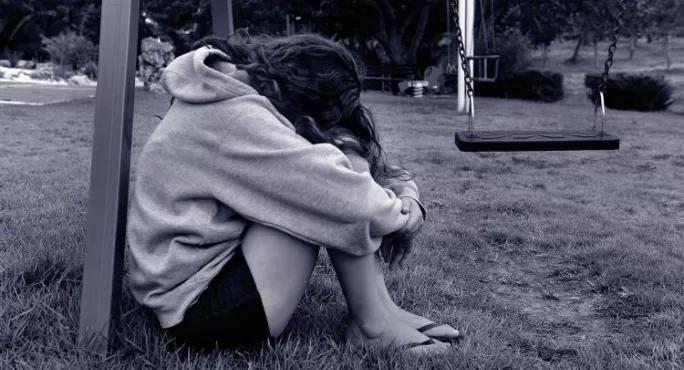An MP has called for pupils who are victims of sexual abuse perpetrated by fellow students to be given greater protection by schools and Ofsted.
Emma Hardy, a Labour MP and former teacher who sits on the Commons Education Select Committee, called for the regulator to ensure schools were complying with updated safeguarding guidance relating to so-called “peer-on-peer abuse”.
Speaking with Tes, Ms Hardy said she believed that the Department for Education’s statutory safeguarding guidance, Keeping children safe in education, which was revised in December 2017 to include more detail on how schools should deal with peer abuse, was “not being followed by schools”.
Background: Schools under fire for putting rape victims in classroom with attackers
Investigation: Ofsted ‘ignored failures to protect rape victims’
Read: Shock at Ofsted chief’s ‘lack of knowledge’ of peer-abuse guidance
During an Education Select Committee session earlier this month, Ofsted chief inspector Amanda Spielman was questioned on the issue by Ms Hardy.
During questioning, Ms Spielman suggested that schools should not automatically separate pupils if one alleged that they had been raped by the other outside of school - a comment that contradicted the statutory guidance.
Campaigners against sexual violence said Ms Spielman’s responses showed a “lack of knowledge” about the revised guidance, as well as a lack of urgency from the inspectorate in getting to grips with the problem.
Ms Hardy today told Tes that she thought Ofsted was not providing enough scrutiny during inspections of how schools dealt with peer abuse, and was failing to send a strong signal on the issue.
“I want [Ofsted] to ask schools for a policy on this, and ask schools to evidence how they comply,” she said.
“We can all have so many different opinions about what Ofsted should and shouldn’t look at, on curriculum, on behaviour…But the one thing that unites everybody is that Ofsted should ensure that every child is safe at school, because if your child is not safe, then everything else is secondary.”
Ms Hardy was speaking after it was reported that a 15-year-old boy, convicted of sexually assaulting a girl in a classroom, had been allowed to stay in the same school as his victim.
The victim told the BBC that she had been told she “wasn’t going to see” the perpetrator, who has been placed on the sex-offenders register.
Ms Hardy told Tes that the “very worrying” case showed “inconsistency” in how exclusions were being applied, and a “lack of recognition” for the feelings of the victim.
“We’ve got talk of, in one case, children being expelled or being off-rolled for reasons that appear to be trivial,” she said. “Someone ends up on a sex-offenders’ register and they’re allowed back into the school. What message is that sending?
“It shows the lack of consistency in the entire system for when exclusions and sanctions are appropriate. It also, I think, seems to show a lack of recognition for how that would affect the girl.”
An Ofsted spokeswoman said: “The safety of pupils is paramount. Ofsted will always take action when serious safeguarding concerns are raised with us. Where these relate to an individual case, we will immediately refer to the appropriate authority; the local authority or the police.
“During an inspection, inspectors talk to pupils to understand if they feel supported and safe. Inspectors will also assess whether the school is meeting all its legal safeguarding responsibilities, and that it has effective policies for identifying when children might be at risk, and helping them get the support they need. This includes taking a whole-school approach to preventing sexual violence and sexual harassment between children, and supporting children who are affected.
“We are fully aware of the published advice for schools from the Department for Education about managing incidents of sexual violence and sexual harassment between children. Our inspectors have received training and take the guidance into account during inspections.”




